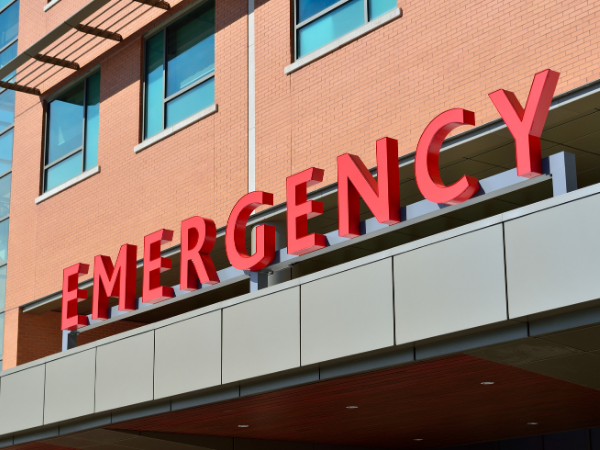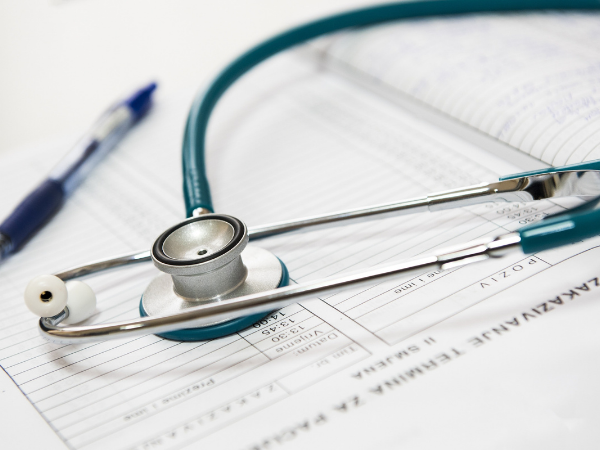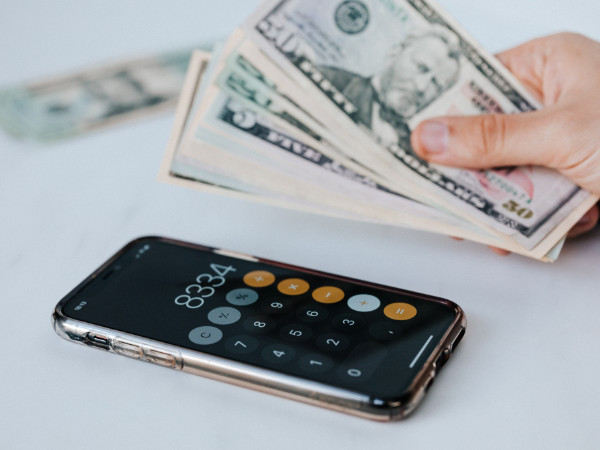Have medical debt? Here’s what to do
Medical debt is a widespread problem in the United States. Many people suffer from health problems, but they cannot pay their medical bills. Eventually, these become medical debts they struggle with for several years. Unfortunately, neither private nor public health insurance could cover many of them.
We’ll highlight the details of America’s healthcare problem. Then, we’ll focus on its effects on individuals, such as financial troubles, psychological issues, and public health issues. Then, we’ll show you how to handle your current medical debts. Finally, we’ll explain how you can prepare for financial and medical emergencies.
You need to understand the extent of medical debt problems so that you could solve yours. Also, you should know its effects on daily life so that you could handle them. If you’re struggling with medical debt, our tips could help you deal with them. Emergencies are part of human life, so you should anticipate such scenarios.
Medical debt is a national problem

Know that you’re not the only one burdened by medical debt. According to SingleCare’s medical debt statistics for 2021, more than 1 in 4 Americans struggle with medical bills.
Healthcare costs are so unbearable that nearly 1 out of 3 Americans admitted to delaying care because of it. For example, the average hospital stay costs $5,220 per day in the US.
Some Americans even fear riding an ambulance to the emergency room due to the medical costs. In 2018, a woman begged people not to call an ambulance after a train injured her leg.
This is understandable, considering how crippling medical debts are for personal finances. More than half of US citizens with unpaid medical bills carry no other types of debt.
Nowadays, around 180 million Americans receive private health insurance from their employers. Unfortunately, they lose coverage from their health insurers if they lose their jobs.
On the other hand, public health insurance from Medicare has major problems too. Specifically, some physicians abuse the system, piling more costs for patients.
How does medical debt affect people?

That’s how medical bills affect the nation, but how about regular folks like you? Well, Americans face the brunt of this national issue in multiple ways.
The most apparent one is its effects on people’s finances. It probably took a considerable chunk of your savings. Worse, some people defer their medical payments, so they later owe more interest.
Insurmountable medical debts also cause anguish in people. They cause a swirl of negative feelings that could later cause psychological problems.
Lastly, it damages public health, making daily life more difficult. In turn, it could interfere with society’s normal functions, especially during a pandemic.
We’ll elaborate just how detrimental unpaid medical bills are for people. Check each section and see if any of them applies to your current situation.
Financial problems
As we’ve mentioned, medical debts severely damage personal finances. Someone could sink into bankruptcy without any other debt except unpaid medical expenses.
Worse, it has a tremendous impact on credit scores. One medical debt may deduct a staggering 100 points from your credit rating. This exacerbates the financial difficulties.
Having insurance provides insufficient assistance as well. Depending on your insurance plan, it may reduce only a fraction of your debt or none at all.
Mental health issues

Some people simply cannot keep up with their deferred health care payments. As a result, they may become unreasonably fearful of the future. Eventually, they experience severe anxiety.
Others may just enter a state of denial, ignoring phone calls from debt collectors. They might also feel more stressed than ever. Worse, they could lash out in bursts of anger.
These mental health issues may develop into psychosomatic issues. In other words, the psychological problems may manifest as migraines or other physical conditions.
Public health implications
When people can’t afford medical expenses, it affects their community’s health as well. What’s more, the current COVID-19 pandemic highlights the problems of US healthcare.
The government advises Americans to get tested even for minor coronavirus symptoms. Unfortunately, they have to pay it themselves. In response, they avoid COVID testing.
Also, health insurance may not cover their coronavirus treatment. Together, these problems worsen the United States COVID-19 response and the spread of the virus.
How to deal with medical debt

You can start handling your unpaid hospital expenses by reading all the related documents. Understand all the terms and conditions to find out how your billing will work.
Jot down all inquiries you may have regarding the billing statements. If you suspect the hospital incorrectly coded your medical costs, dispute the charges.
Moreover, you could establish a payment plan with your medical provider. They typically don’t report your details to the major credit bureaus, so you can avoid hurting your credit.
Alternatively, you may request a financial assistance policy from your hospital. If you qualify, your hospital may reduce your balance in half or forgive it entirely.
Prioritize other forms of debt you have over unpaid medical expenses. Federal law prevents medical debt from showing on your credit report until it’s past due for 6 months.
Avoid covering hospital expenses with your credit card as much as possible. Otherwise, it will attach a high-interest rate to your medical debts.
How to prepare for medical and financial hardship

Nobody can predict when they’ll encounter a sudden medical expense. However, you could prepare for such an emergency by checking your insurance plan.
Insurance companies may only cover expenses from hospitals in their network. Take note of these medical facilities in your area to ensure financial help from insurance.
Visit the insurance company’s website or contact them for more information. They can help you understand the terms and conditions of your health insurance plan.
Of course, money management plays a significant part in preparing for emergencies. Proper handling of personal finance can help you set aside funds in case of urgent need.
More importantly, it helps you handle other aspects of your daily life. Financial literacy can help you manage credit card debts, student loans, and daily expenses efficiently.
Check the internet for helpful financial tips. Most of them are free, so even learning financial literacy is a good money move!
Final Thoughts
Medical debts have a massive impact on the country and its people. If you’re struggling with unpaid hospital bills, you could be experiencing them too.
Fortunately, you may take steps to resolve your unpaid medical balance. You could dispute your billing or negotiate a more favorable payment plan.
On the other hand, you could request assistance from private and public health programs. More importantly, cultivate proper money management skills to prepare for emergencies.







